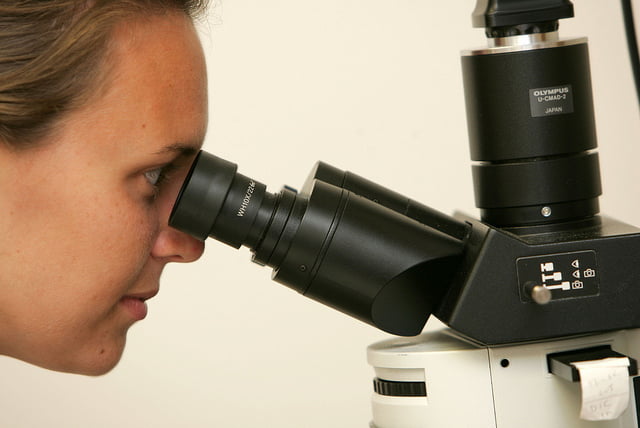A seven-year-old girl with aplastic anemia, a 54-year-old woman with lymphoma and a 45-year-old man with acute myeloid leukemia all walked out the doors of Jerusalem’s Hadassah Medical Center in the past several months after receiving an experimental treatment with an Israeli placenta-based cell therapy to beef up their bone marrow.
Related articles
- Israeli-Danish Team Finds New Way To Zap Malignant Cells
- Hebrew University Researcher Invents Side-Effect-Free Family Of Drugs
The Israeli Health Ministry had approved each of these patients for compassionate use of Pluristem Therapeutics’ Placental eXpanded (PLX) cells because their medical conditions were grave despite conventional treatments. Though the youngest of the three patients died four months after the Pluristem therapy, the startup is still banking on the product’s potential.
“This is a real breakthrough,” said Dr. Reuven Or, Hadassah’s director of bone marrow transplantation and cancer immunology, commenting on the condition of Hana, the lymphoma patient.
In August, the Haifa-based company applied for orphan drug status for its PLX cells with the US Food and Drug Administration for the treatment of aplastic anemia, a condition in which the marrow decreases, or stops production of blood cells.
…
To continue reading this article, click here.
Via ISRAEL21c
Photo by UGA College of Ag
Related posts

Israeli Medical Technologies That Could Change The World

Harnessing Our Own Bodies For Side Effect-Free Weight Loss

Missing Protein Could Unlock Treatment For Aggressive Lung Cancer




Facebook comments